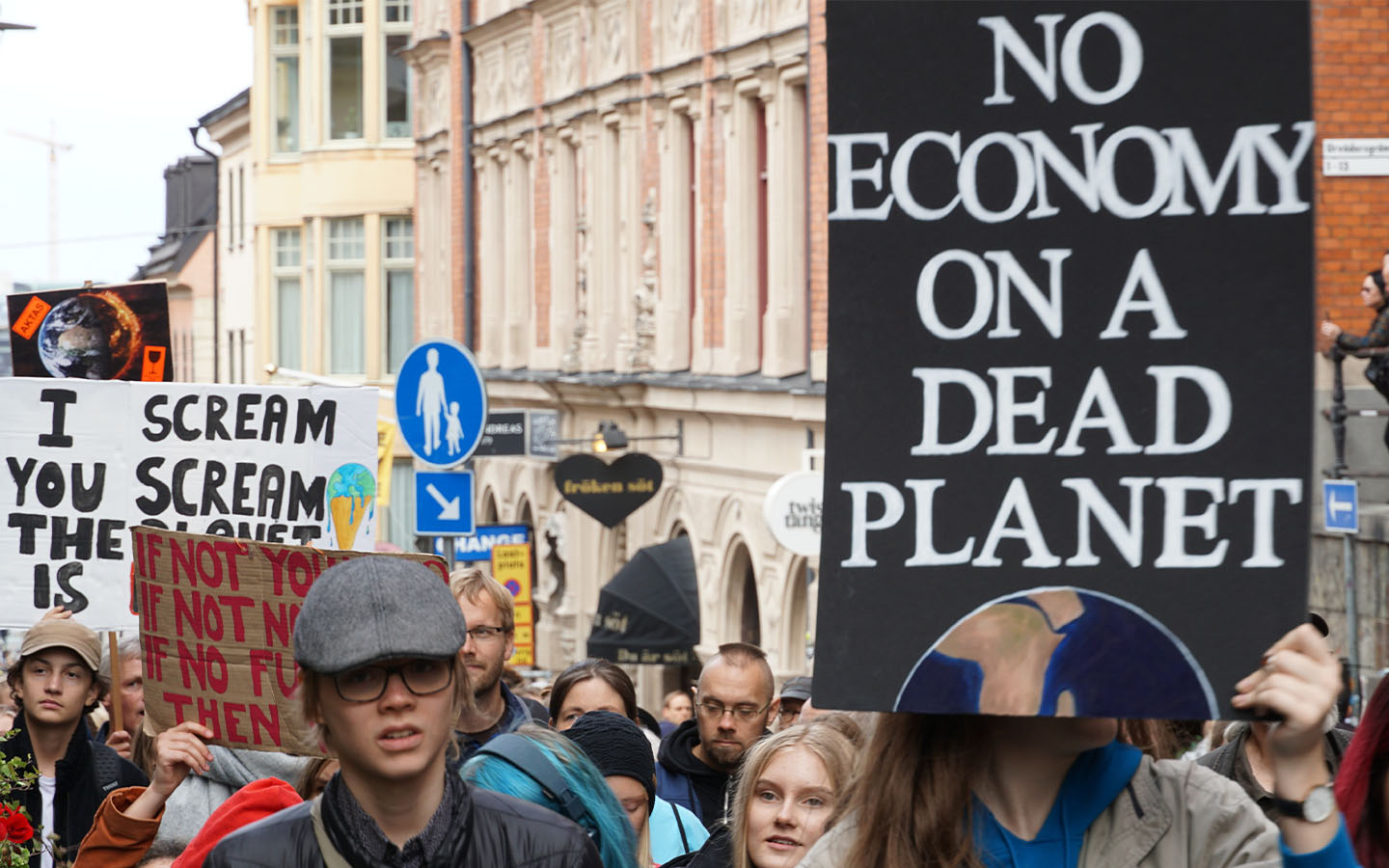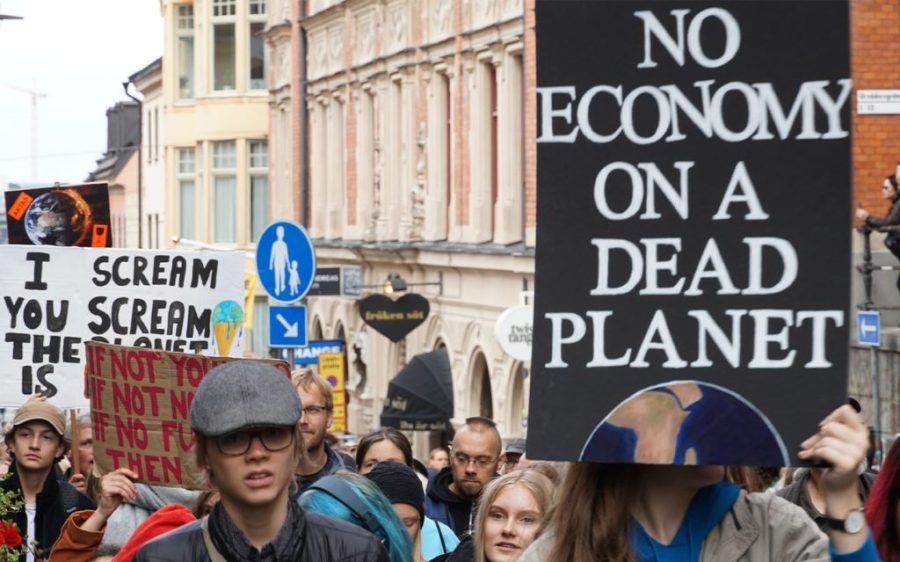Improved modelling in the latest scenarios from the Network for Green the Financial System (NGFS) reveals the devastating impact of climate change on global economies, cutting global growth by a third – far worse than previously thought.
NGFS is a group of 141 central banks and supervisors and 21 observers, using best practices to foster the development of environment and climate risk management in the financial sector, while also mobilising finance to support the transition to a sustainable economy.
For the fifth edition of its long-term financial scenarios for climate risk assessments, NGFS employed new economic and climate data, policy commitments and model versions, as well as new analytical tools.
By incorporating the physical shocks of climate change, including flooding, droughts and temperature rises, as well as the cost of mitigating and adapting to extreme weather, the modelling shows a significantly worse hit to global growth: 33 percent compared to just 6 percent previously. Despite this, both NGFS and outside experts agree that the figure is an underestimate.
[See more: The last 12 months had temperatures 1.5°C above the pre-industrial era average]
The more than five-fold increase “is by no means comprehensive,” Sandy Trust, an actuary who works on sustainability and the climate crisis, told the Guardian. Trust points to the omission of the impact of climate tipping points, sea temperature rise, climate-driven migration and conflict, human health impacts and biodiversity loss – all factors NGFS acknowledges may make the impact of climate change “even more severe than projected”.
Since the first collection of scenarios in 2020, each edition of the NGFS report has worked to provide a more comprehensive assessment of the costs of climate change while also reflecting the rising costs of inaction. New methods in the latest edition capture the economic impacts more comprehensively, in part by reflecting “the latest evidence that economic output does not recover immediately after climate shocks.”
The updated modelling “clearly demonstrates that insufficiently ambitious climate policies worldwide make the transition even more challenging,” Livio Stracca, an NGFS analyst and deputy director-general for financial stability at the European Central Bank, said in a media statement.
“The lack of policy ambition creates a vicious circle; increasing costs of mitigation policies complicate their implementation, resulting in further unabated emissions, climate damage and thus necessitate more ambitious future policies,” Stracca added.






